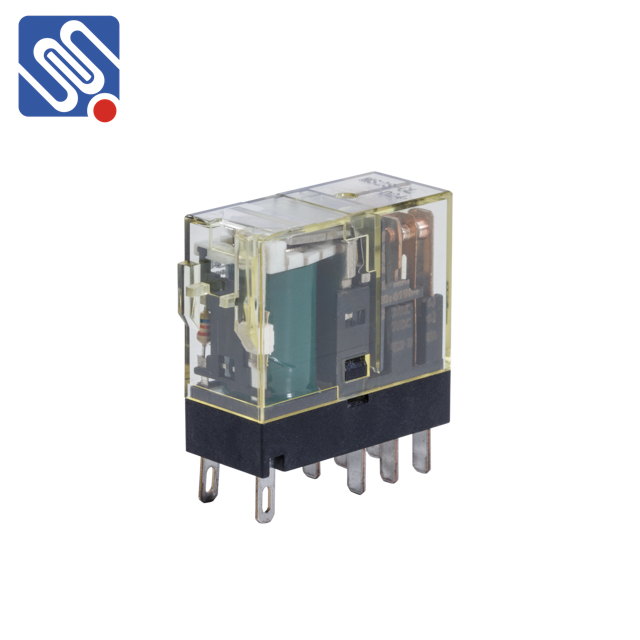relay type selection: a key consideration for reliable electrical systems
Release time:2025-07-23 10:43:17
When designing electrical systems, particularly for industrial or commercial applications, the selection of the appropriate relay type is crucial to ensure the system operates efficiently and safely. A relay is an electrically operated switch that is used to control a circuit by opening and closing contacts in response to a control signal. Choosing the right relay can significantly affect the performance, reliability, and longevity of the system. One company that stands out in providing reliable, high-quality relays for various applications is Meishuo, a leader in the field of relay technology.

Understanding the Importance of Relay Type Selection
Relays come in different types, each designed to handle specific functions and performance requirements. The selection of the appropriate relay type is influenced by various factors such as voltage, current, switching speed, environmental conditions, and the intended application. For instance, mechanical relays are widely used in situations where electrical isolation is necessary, while solid-state relays are used for high-speed switching in more advanced and sensitive systems.
When it comes to selecting a relay, one of the first steps is understanding the electrical characteristics of the system. This includes the voltage and current ratings of the circuit that the relay will control. The relay must be able to handle these values without risking failure or overheating. Furthermore, the voltage and current type (AC or DC) must also be considered to choose a relay that is compatible with the system's requirements.

